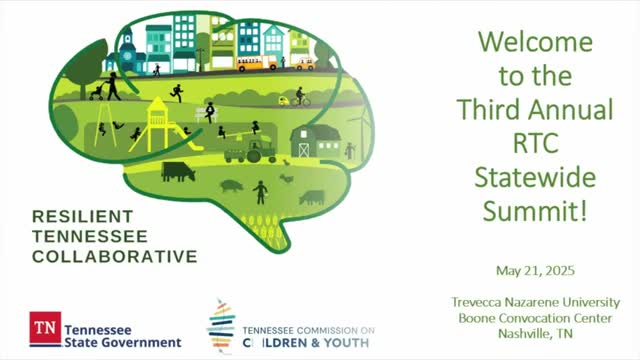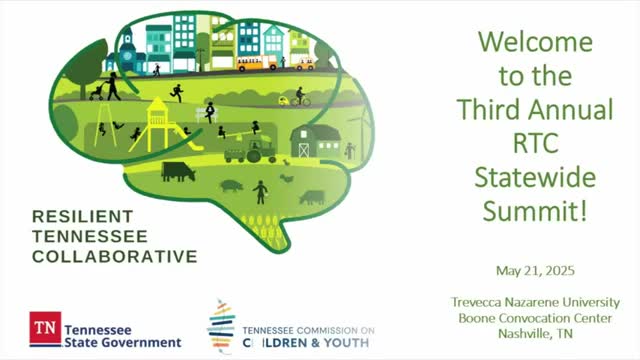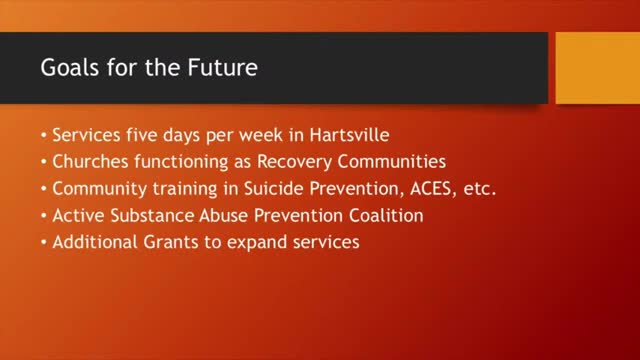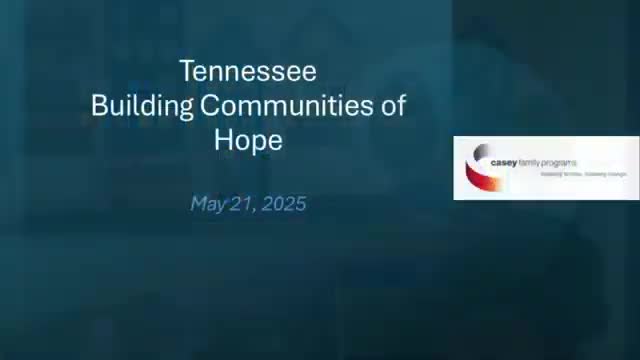Article not found
This article is no longer available. But don't worry—we've gathered other articles that discuss the same topic.

Experts outline systems‑level resilience strategies and 'positive norms' messaging to shift community narratives

D9 fraternities and sororities offer longstanding local pipelines for mentoring and youth programs

Carroll County opens Inclusion Park after volunteer fundraising, models small‑town inclusive infrastructure

Trousdale County health council uses local CARES and opioid funds to open mental‑health clinic and build coalition

Handle With Care notification system expands across Tennessee to connect first responders with schools

Metro Nashville expands Resilient Communities and PACE education, launches toolkits to build local supports

